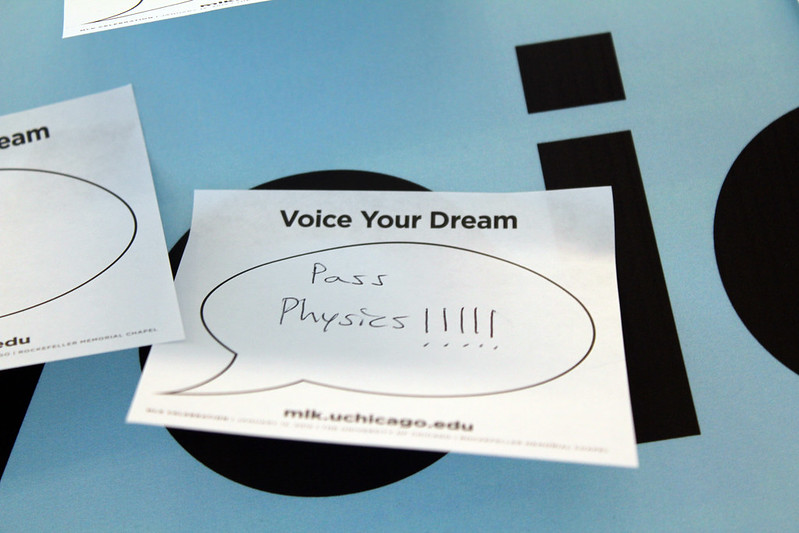On April 7th, the National Society of Black Engineers (NSBE) hosted “That’s so STEM,” a roundtable discussion welcoming conversations regarding the obstacles and successes of pursuing a career in STEM (science, technology, engineering and mathematics) in predominantly white settings.
Nehemiah MacDonald, NSBE’s Vice President who’s a fourth-year majoring in Industrial Engineering, guided the discussion with Process Improvement (P.I) Chair Alvin Mutongi, a third-year majoring in Civil Engineering. They led the discussion by first initiating introductions and establishing respectful ground rules. Mutongi introduced the phrase, “make space and take space,” to emphasize collaboration and inclusivity.
As more individuals joined, the table expanded and warmly welcomed new participants. The discussion facilitators were Nate Browning, Elizabeth Park and Dr. Veronica Mbaneme, all of whom are NSBE and NC State alumni.
NSBE provides NC State’s Black STEM students with community and support. Founded by the Chicago Six in 1975, the mission of NSBE remains to “increase the number of culturally responsible Black Engineers who excel academically, succeed professionally and positively impact the community.”
NSBE’s objective is to challenge the preconceived archetypes of scientists, engineers and mathematicians. NSBE provides Black students with community, a sense of belonging, and the resources to continue in their chosen career path.
To help the transition, NSBE offers a Pre-College Initiative Program and scholarships aimed towards financing first-generation students. For career building, NSBE offers mentorship programs, career training for skill development and professional clothing. Through career fairs, students are able to gain a better understanding of what is needed to succeed in their desired field.
After “That’s so STEM,” Nubian Message had an opportunity to interview Dr. Veronica Mbaneme and Mutongi. Mutongi expressed, “I chose Civil Engineering because I want to work on delivering clean water to people in the developing world.”
When questioned about what drives him during challenging periods, he reveals, “I am motivated by my peers and their success in their respective fields.” NSBE became a family for him and for several upperclassman students, and the connections they’re ensured beyond graduation.
When asked about NSBE’s positive impact on students Dr. Mbaneme highlights how the program “fosters relationships and gives access to professional networks,” as well as “provides a brave space for students to show up as their authentic selves.”
Nubian Message asked how NSBE has been a support system for their students.
Mbaneme said that being surrounded by white spaces creates a “lack of intersecting identities.” She discussed her personal story and the to continuously provide context when “explaining transgressions.” NSBE aims to be a space where Black individuals are understood by a community who shares lived experiences.
Mbaneme found herself being the only Black girl, if not the only Black person, in the room. She stated, “While I excelled academically, what I lacked was a sense of community.” Dr. Mbaneme, experienced with a lack of resources, has driven to be involved in initiatives that aid the forthcoming generations.
Dr. Mbaneme said it is “refreshing” that several young Black students have at least one role model in their field.
The significance of advocating for diversity and inclusivity extends beyond any particular discipline. NSBE is committed to making a considerable contribution towards representation and inclusivity in STEM fields, while simultaneously encouraging Black excellence.





